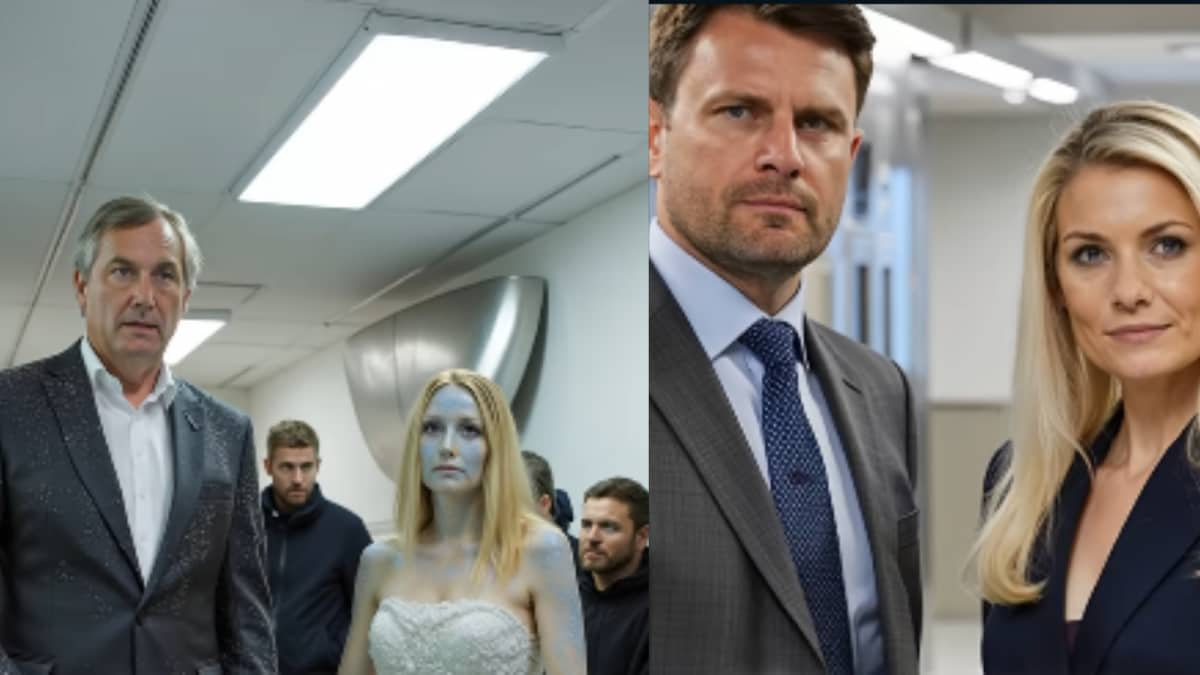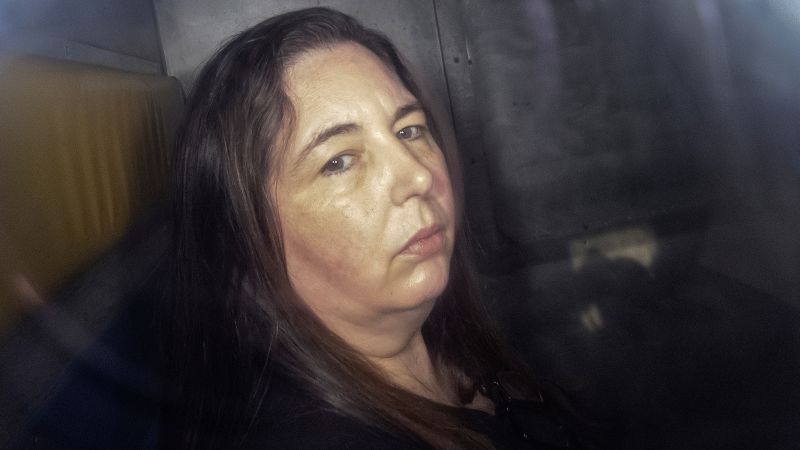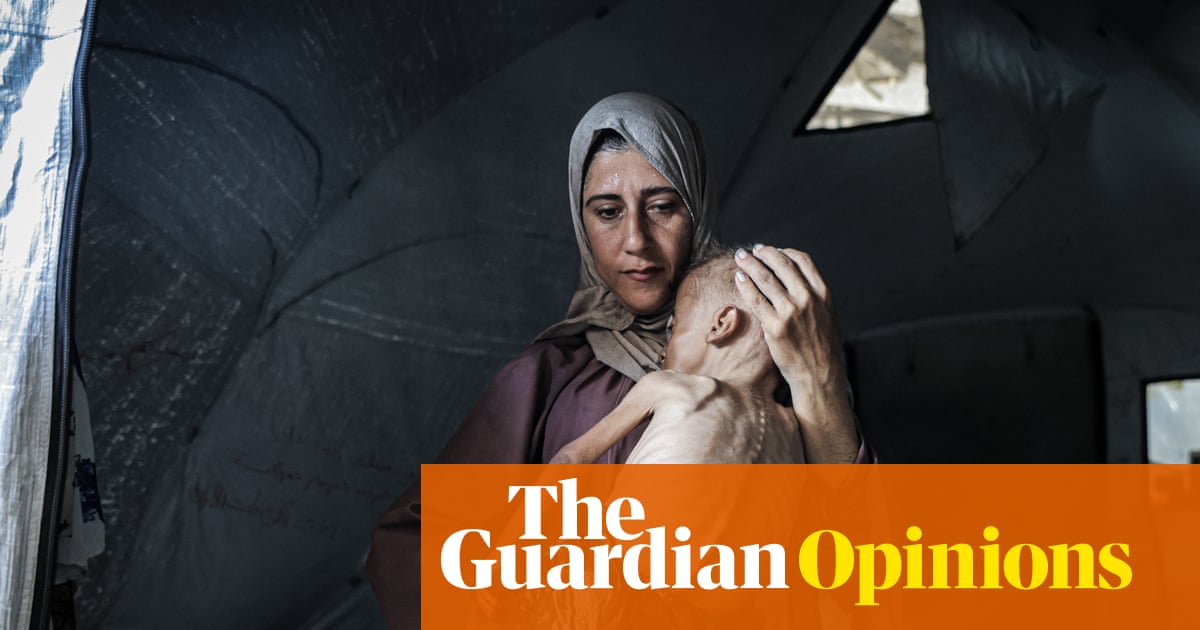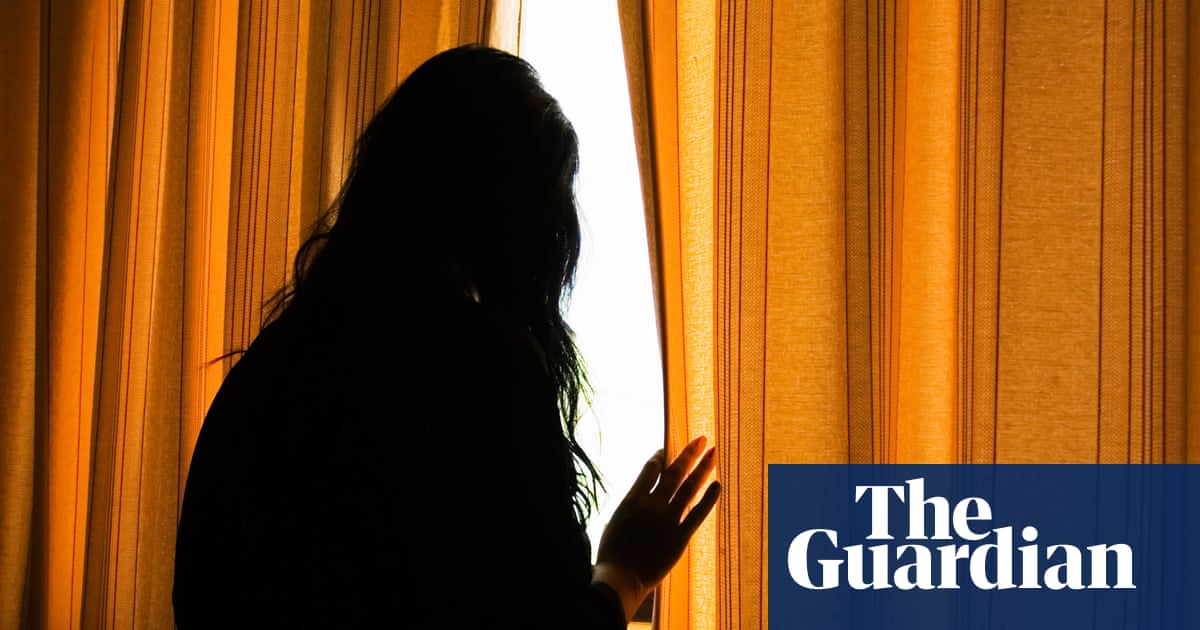Trump's Efforts to Broker Peace in Ukraine Mocked by Putin

This week, Russian President Vladimir Putin publicly mocked former President Donald Trump's attempts to facilitate a peace dialogue aimed at ending the ongoing war in Ukraine. Rather than holding Putin accountable for his actions, it appears that President Trump is sidestepping the issue, opting to avoid any stern confrontation with the Russian leader.
On Sunday, Trump made a bold call for a meeting between the heads of Russia and Ukraine, suggesting that it was time for both leaders to come together in Turkey to discuss a potential resolution to what he termed a "BLOODBATH." In a Twitter post, Trump stated, "President Putin of Russia wants to meet on Thursday, in Turkey, to negotiate a possible end to the BLOODBATH. Ukraine should agree to this, IMMEDIATELY." However, critics point out that this call effectively let Putin escape the pressure that had been building on him after Ukraine's allies, including the United States, demanded a 30-day unconditional ceasefire just the day before.
Despite these demands, Putin swiftly dismissed the notion of a ceasefire, opting instead to suggest talks, which has raised eyebrows among international observers. In a follow-up post, Trump warned that if the ceasefire was not respected, the U.S. and its partners would impose further sanctions against Russia. Yet, shortly after, Trump seemed to pivot, endorsing Putin's suggestion for negotiations rather than pressuring him to comply with the ceasefire.
In a strategic move, Ukraine's President Volodymyr Zelenskyy accepted Trump's call for dialogue. However, Putin chose not to participate in the talks himself, sending officials in his place instead. This decision raised significant concerns regarding the sincerity of Russia's commitment to any potential negotiations. When addressing reporters aboard Air Force One, Trump claimed, "Look, nothing is going to happen until Putin and I get together," seemingly undermining the very talks he had initiated.
The results of those talks, however, should give Trump—and indeed, the entire international community—reason for concern regarding Putin's intentions. The messages conveyed by the Russian delegation were direct and aggressive, indicating that Russia is prepared for a prolonged conflict. Lead negotiator Vladimir Medinsky stated, "We don’t want war, but we’re ready to fight for a year, two, three—however long it takes. We fought Sweden for 21 years. How long are you ready to fight?" This comment highlighted a grim determination on the part of Russia.
Moreover, the Russian negotiators presented demands that starkly contradicted the notion of peace. They insisted that Ukrainian troops withdraw from four regions that Russia has partially occupied and sought the capitulation of two additional regions, essentially asking Ukraine to concede significant territory as a precondition for any discussions. In a particularly chilling moment, Medinsky threatened the Ukrainian representatives, hinting at personal losses they may endure. He stated, "Maybe some of those sitting here at this table will lose more of their loved ones," underscoring Russia's willingness to escalate the conflict indefinitely.
This situation hits close to home for Ukraine's Deputy Foreign Minister, Sergiy Kyslytsya, whose own son, Max, lost his life in combat against Russian forces shortly after the invasion began in 2022. Such personal losses add a harrowing dimension to the diplomatic exchanges taking place.
As the week progressed, it became increasingly evident that Putin was dismissive of Western attempts to broker a ceasefire or engage in meaningful negotiations. Meanwhile, Trump's lack of decisive action against Putin has raised questions about his willingness to stand firm against aggression. Even media outlets such as Fox News, which have historically supported Trump, are starting to question his stance. In a recent interview, anchor Bret Baier pressed Trump multiple times on whether he would exert pressure on Putin, but the former president sidestepped the issue, instead discussing topics like his recent financial gains from a Gulf tour and criticizing President Biden and Ukraine’s leadership.
Given Trump's evasive answers, it seems clear that Putin feels little pressure to alter his aggressive strategies. This dynamic places Trump in an increasingly precarious position. As for Ukraine's European allies, their concerns should intensify. They had previously warned Russia of sanctions and retaliation if Putin rejected the call for a ceasefire, which he has now done. The question remains: will they follow through on their commitments, with or without American leadership?





























